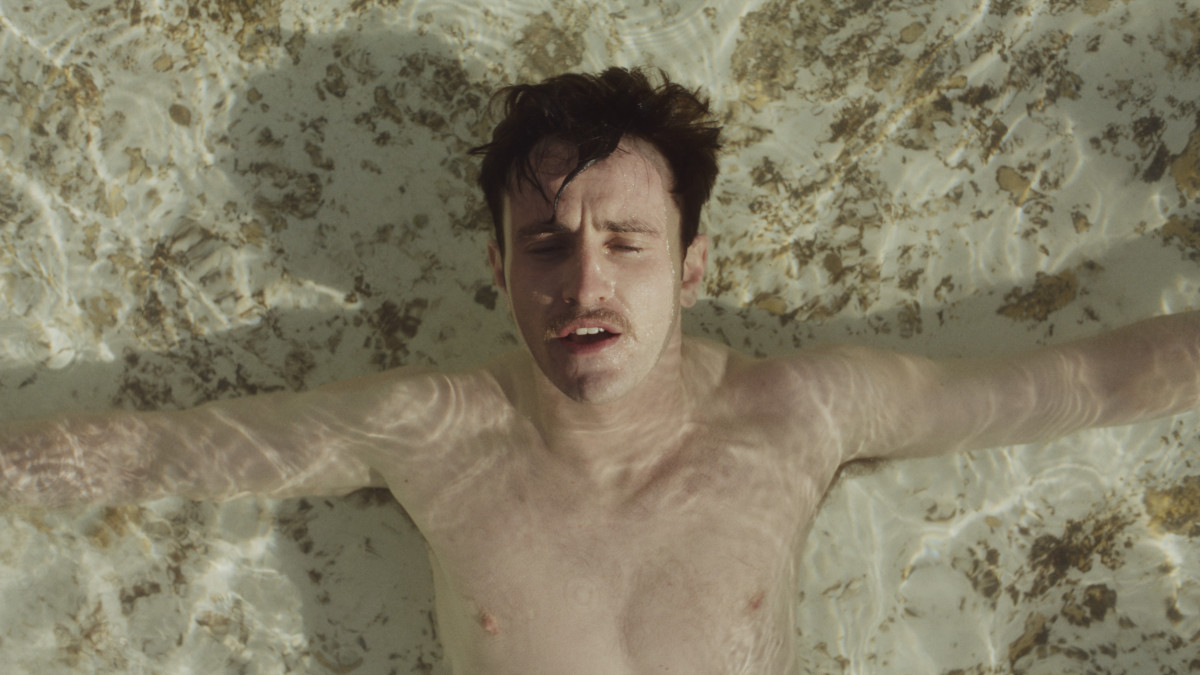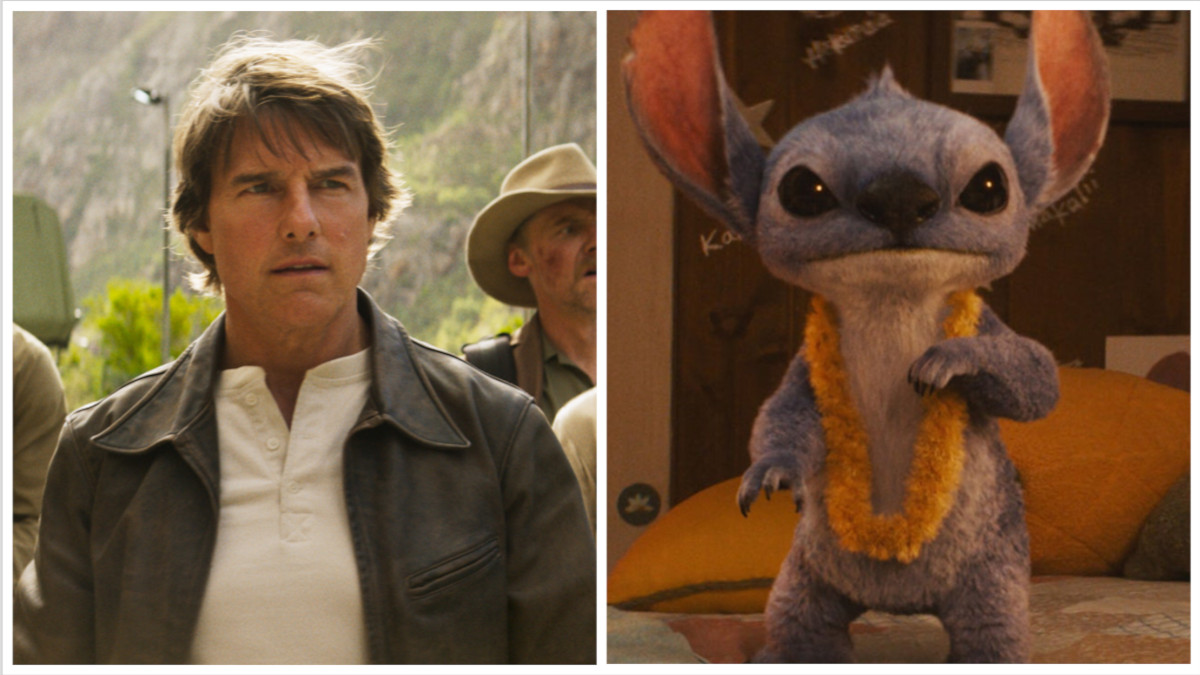Don’t let the title fool you: “The History of Sound” is an awfully muted affair. Muted in color, performance, tenor and tone, Olivier Hermanus’ doleful ethnomusicologist romance premiered in Cannes to a commensurately muffled response.
Narrated by Chris Cooper – who later shows up as the aged protagonist in the film’s coda, delivering its most affecting performance right before the credits roll – “The History of Sound” otherwise follows the Kentucky-born Lionel when he resembles Paul Mescal. Lionel’s a farm-boy introvert blessed with a peculiar form of synesthesia – for him, the whole world’s a symphony, making for a man of few words and deep sensitivity. (He’s also apparently gifted with a voice powerful enough to open new doors. And while Mescal’s singing sounds perfectly pleasant to these untrained ears, the film’s repeated insistence on his prodigious vocal talent does require a bit of suspended disbelief.)
While studying at the Boston Conservatory, Lionel’s senses spark to life when he hears the suave Yankee David (Josh O’Connor) singing a familiar folk ballad. The two begin swapping songs as a form of flirtation, becoming an item the moment David, seated at a piano and listening intently, starts to accompany Lionel’s tune. Jumping from bar to bedroom to soft morning light with a demure ellipsis, the film frames the pair’s near-instant intimacy beyond pure desire. Lionel and David are somewhere between soul-mates and bros-with-benefits, sharing an all-male space in an age when intercourse was not automatically linked to identity. The two are comfortable enough to act on their interests, doing so nearly wholly off-screen in a film more interested in intellectual attraction.
The year is 1917, so plans are paused when David is drafted and sent to Europe. (“Write. Send chocolate. Don’t die,” Lionel tells him.) Wishes granted and school behind them, the two budding academics head to rural Maine to collect folk songs. Certain “Brokeback Mountain” comparisons are inevitable here, as both films explore same-sex love isolated from wider society in order to thrive. Indeed, from the wilderness, Lionel and David remake the world to fit only their shared obsessions, finding joy and fulfillment traveling to ever smaller towns as roving song-catchers.
“Happiness isn’t a story,” says the older Lionel in voiceover—and if to prove that point, this unhurried, largely conflict-free story mirrors its protagonists’ own quiet pursuits. Only the long stretches that simply trail the duo as they set up phonographs to record folk songs in full would play with greater impact had the film’s craft imparted Lionel’s sensorial pleasures. Instead, each and every image carries the burnished browns of Respectable Cinema, and nearly all lines delivered in measured tones. Though centered on two Americans, this mahogany-toned reverie is a Heritage film in every sense, as each sorrowful shanty echoes a history older than the Mayflower, linking Old and New England in spiritual terms before the narrative itself hops across the pond.
But all good things end, and so once Lionel and David sever their pairing in a similarly matter-of-fact way, we stick with country-boy as his path leads to Oxford and Rome. He takes lovers of both sexes along the way, but can never dim the echoes of his Ain True Love. Even as this impossible love tale enters the lonesome stretch, the director never moves beyond a muted register thrumming only the quiet melancholy of a sensitive soul, dissatisfied with the life he’s built.








